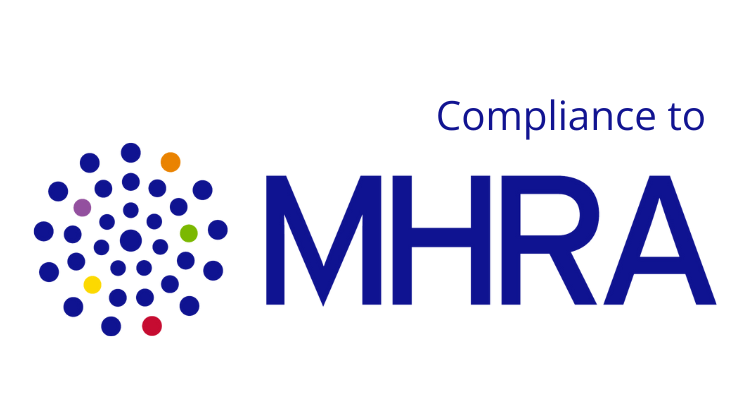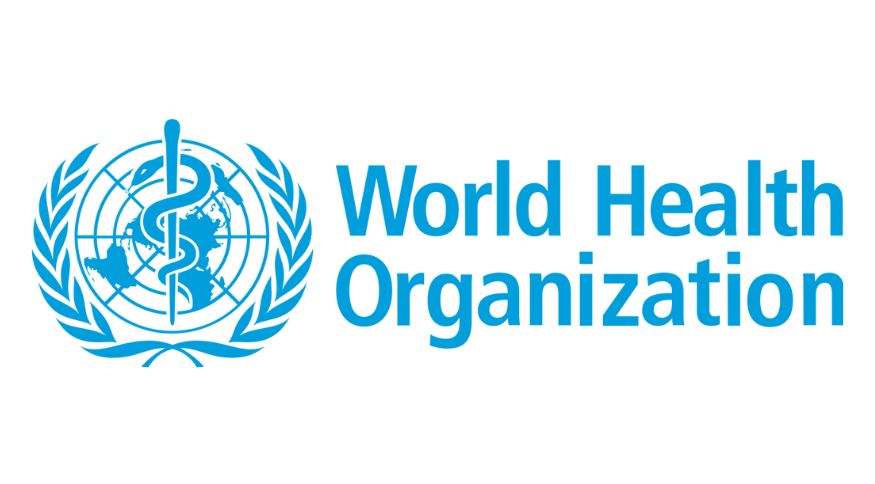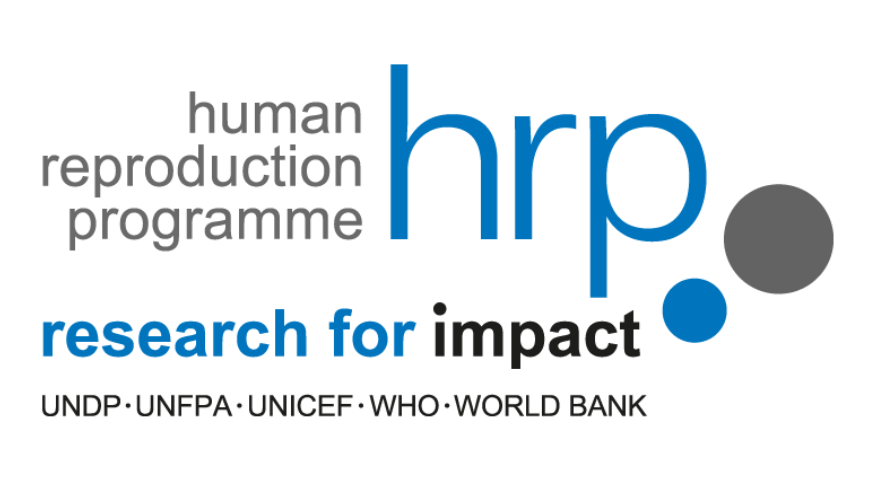
World Mental Health Day: Why Science, Screening, and Early Care Matter More Than Ever
As the world marked World Mental Health Day, Oxford Health NHS Foundation Trust highlighted how cutting-edge research is transforming the way we understand and treat mental illness.
At Marylebone Diagnostic Centre (MDC), we share the same commitment – bringing science, diagnostics, and compassion together to improve mental wellbeing through early detection and personalised care.
Oxford Health’s Message: Turning Science into Solutions
Dr Martin Batty, Head of Research and Development at Oxford Health, described mental health research as “not just about understanding illness, but creating solutions that reach people when they need them most.”
That statement captures the future of mental health care – data-driven, personalised, and proactive.
Oxford Health’s projects include:
- Digital therapies for PTSD, psychosis, and social anxiety
- The Early Intervention Mission, supporting earlier diagnosis in first-episode psychosis
- Read-Out Study on blood biomarkers for Alzheimer’s disease
- The AnDY Research Clinic, fast-tracking psychological treatments for children and adolescents
- WISDOM Schools Network, now partnering with 1,000+ schools to improve nationwide support
Together, these initiatives represent a national movement toward evidence-based, measurable mental healthcare.
Why Early Detection Is Key in Mental Health
Mental illnesses – from anxiety and depression to dementia and bipolar disorder – are rarely sudden. They build gradually, often showing early physiological and biochemical signs long before behavioural symptoms appear.
At Marylebone Diagnostic Centre, our approach complements traditional therapy by identifying underlying biological factors that can influence mental wellbeing.
Examples include:
- Thyroid dysfunction (TSH, FT4, FT3): can mimic or worsen depression and fatigue.
- Vitamin D and B12 deficiency: linked to low mood, anxiety, and cognitive decline.
- Cortisol imbalance: chronic stress affects sleep, metabolism, and mental clarity.
- Iron and folate status: deficiencies may cause poor concentration and irritability.
- Inflammatory and metabolic markers: systemic inflammation is increasingly associated with mood disorders.
Understanding these biomarkers enables clinicians to treat the whole person, not just the symptoms.
Bridging Psychology and Physiology
Mental health isn’t isolated from physical health — the two constantly interact.
Scientific research now supports what many clinicians observe daily:
- Inflammation, gut microbiome changes, and hormonal shifts influence brain chemistry.
- Blood-based biomarkers can indicate susceptibility to depression or cognitive impairment.
- Lifestyle interventions (nutrition, exercise, sleep hygiene) enhance medication and therapy outcomes when guided by diagnostic data.
At MDC, this biological-psychological bridge shapes our integrative testing services, including:
- Stress & Hormone Profile (Cortisol, DHEA, Adrenal markers)
- Nutrient & Vitamin Panels (B12, Folate, Iron, Vitamin D)
- Thyroid Function Profile
- Advanced Cognitive Health Screening (homocysteine, lipid metabolism, inflammatory markers)
Mental Health Innovation Across the UK
Oxford Health’s leadership reminds us how rapidly innovation is reshaping care:
- Digital CBT tools and smartphone-based monitoring now reach thousands daily.
- AI-driven early warning systems can identify subtle behavioural changes signalling relapse risk.
- Blood biomarker studies, like Oxford’s Alzheimer’s Read-Out project, are transforming dementia diagnosis – shifting from late detection to early prevention.
Private centres such as MDC can help bridge NHS innovation and everyday access by offering fast, affordable, and confidential testing, ensuring that no patient has to wait months to begin understanding their symptoms.
The Future of Mental Health Care Is Personalised
The next decade will move beyond one-size-fits-all models.
Through genomic data, advanced imaging, and real-time biomarker monitoring, mental health care will become more predictive and personalised – much like cardiology or oncology today.
At MDC, we’re already integrating that philosophy, empowering patients to track their biological and psychological wellbeing side-by-side.
Take Control of Your Mental Wellbeing
If you’re struggling with fatigue, anxiety, low motivation, or brain fog, it’s important to look deeper.
A simple blood panel may uncover hormonal or metabolic imbalances that – once corrected – can dramatically improve mental health outcomes.
- Book a Mental Health & Wellbeing Profile today at marylebonediagnosticcentre.com.
- Receive clear, same-day insights into key vitamins, hormones, and stress markers.
- Start your journey to balance – informed by science, guided by care.



















